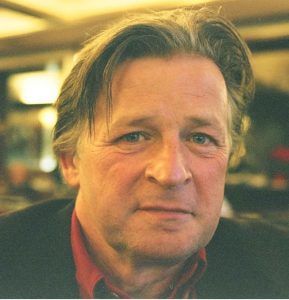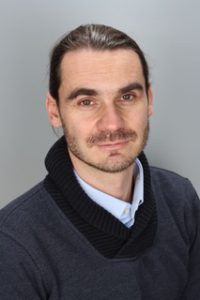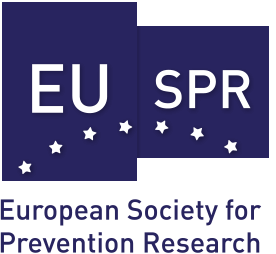| Name | Statement |
|---|---|
 | Working on prevention design and implementation in a leading institute since 1987 I was one of the initiators at the EUSPR Amsterdam. In that period I had experienced exemplary and exciting cooperation of scientists and practitioners in the EU-Dap Trial group. Triggered by the urge for a European initiated drug prevention intervention going through a robust effectiveness study, the intervention design group hand in hand with the study design group, laid the foundation for a long powerful balance of prevention trainers, implementers, and policymakers with epidemiologists, statisticians, and other researchers. I am a candidate for this position in tandem with Gregor Burkhart (candidate President-elect) We both underwrite the following parts: with their high scientific reputation and international recognition, the previous presidents have done a great job in making the EUSPR a lead organisation for science-based prevention in Europe. Now, that several of our society’s original founding and board members want to step back, it seems we are at a crossroad: we either continue to further strengthen and develop the scientific and methodological perspective of the society (and then you should rather vote for other candidates) or we develop those aspects further that might help to a) improve the prevention workforce in Europe by offering training initiatives, b) engage policy-making and prevention practice more with prevention science. We might for example want to consider more consultation and “co-production” with policy makers. We might also want to have maybe a more active role in taking a stance against shady unscientific practices in our countries. Our vision is that EUSPR helps prevention implementers gain competences to translate prevention science (like mediator analysis, or MOST) to determine core components (kernels) that can be applied in more contexts. Researchers, in turn work closer to the intervention practice, to reshape questions and pathways to better study practice with maybe nimbler designs. We both firmly believe in our joint forces to connect DOP’s, (decision-, opinion- and policymakers), practitioners and researchers within our European Society to increase the impact of prevention research and prevention science in school classes, at the family table, in community organisations and environment and in the policies we build and shape. Both of us have experience in “getting prevention done” at practice and policy levels, but we are not highly trained scientific methodologists. Hence we will strongly need the support and guidance of the experienced, but also the young and committed academic researchers who make our conferences so great and our EUSPR network so active. |
 | Professor of Clinical Psychology on Charles University (Czech Republic), clinical psychologist and psychotherapist and supervisor. He is vice-dean for non-medical health study programs on the 1st Medical Faculty and head Department of Addictology of the 1st Medical Faculty, Charles University and General Teaching Hospital in Prague. He led a process of creating and establishing Bachelor (BC), Master (MA) and postgraduate doctoral (PHD) addiction study program in Prague. He is past-president of ISAJE (International Society of Addiction Journal Editors) and president of ICUDDR (International Consortium of Universities on Drug Demand Reduction. As a candidate for the 2019 – 2022 EUSPR Board and have a very simple plan based on how to support the development of EUSPR and prevention in Europe. This plan is based on 4 key priorities: a) Support of EUSPR visibility for the wider scientific community and improve our academic position, skill and publishing opportunities. I would like to support establishing specialized prevention Journal under umbrella of EUSPR (or in partnership) and promote our (members) academic outputs on EUSPR websites, partnership websites and specialized social media (ResearchGate, etc.). We also need to have special branch for early career prevention specialists in this matter. b) Improve our international network and make it more useful and better functioning for our members (special fees, study visits, etc.). I would like to improve our international networking inside of Europe (societies like EUFAS, research centres etc.) and outside of Europe (ISSUP, ICUDDR, COPOLAD, etc.). Support for information sharing and exchange and special activities focus on prevention. c) Developing a model for building and supporting European and national infrastructure in prevention. For the successful development of our society and the entire prevention field, we need to improve our institutional infrastructure. Without national professional societies, libraries, training and education institutes, prevention specific journals, etc., is not possible to increase public awareness in the wider professional community and improve quality of our methods and interventions, implement quality standards into the practice, etc. d) Increasing quality in training and education practice and support developing academic skills. Without very close collaboration with universities and academic is not possible to build an independent, highly professional and unique profile of prevention in Europe. We definitely need much closer collaboration with universities in developing specific training and education university-based programs and support translational research. Bridging the gap between science and practice has to be our key priority. |
